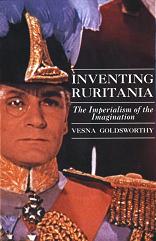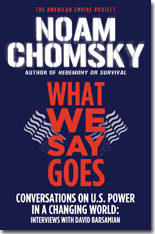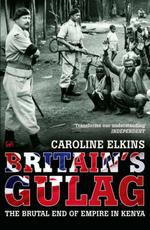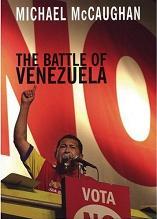
Inventing Ruritania
Vesna Goldsworthy
254 pages including index
published in 1998
What immediately came to mind when I picked up this book from the library was Edward Said’s cite>Orientalism. Where that book looked at how Europe created its image of the Middle East, Inventing Ruritania: The Imperialism of the Imagination looks at how the western idea of the Balkans has been shaped or even created by writers of popular fiction and travel literature. Goldsworthy focuses mainly on British literature, as for British writers “the Balkans are sufficiently close to remain in the field of vision, yet remote enough to be relatively free of the ‘traditional friendships’ and ‘historical alliances’ which frequently inspire the specific interests in the area of other European powers” while they are “too far away to be of consistent interest to American writers”. Historically, she limits her inquiries to relatively modern times, from the early nineteenth century up to now, as she argues that the Balkans as an area of interest only emerged as Ottoman supremacy in the area was broken. Before there can be stereotypical images of the Balkans, there first has to be a Balkans, obviously and until the Ottoman empire started to disintegrate there wasn’t.
A book like Inventing Ruritania, which wants to expose the cliches with which western thought has been riddled about the Balkans, can’t help but be political. This is more so when you consider when it was published, in 1998, barely a year before NATO would wage its first humanitarian war against Serbia, just after the wars in Bosnia and Croatia had ended. You could see Inventing Ruritania as a sort of metacritique of the sloppy thinking in Britain and elsewhere with which these events were explained and written about. One of Goldsworthy’s points in this book is indeed to lay bare the sort of racist stereotyping language about the Balkans that is still used thoughtlessly, often by people who would never dream about deescribing areas like Africa or India in similar terms… Yet Inventing Ruritania isn’t a polemic, not even to the extent Orientalism was.


